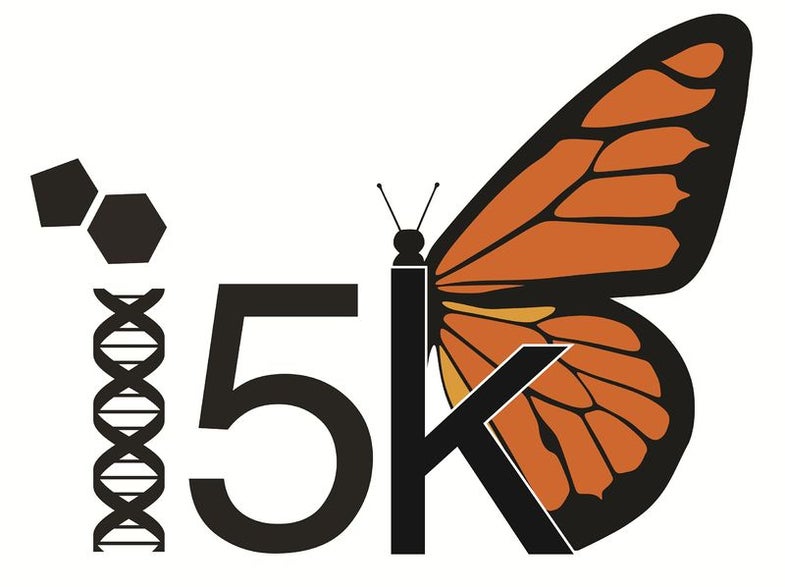‘Manhattan Project’ of Insects Will Sequence Bug Genomes to Help Make Better Pesticides
Plant and human genome researchers have uncovered myriad pathways toward understanding health and longevity, determining genes that code for things...

Plant and human genome researchers have uncovered myriad pathways toward understanding health and longevity, determining genes that code for things like disease tolerance and nutrient needs. A new bug gene-sequencing project aims to do the same — only the goal is to find genomic Achilles’ heels, to help people kill insects more easily.
Entomologists are submitting suggestions for 5,000 insects and other arthropods whose genomes should be sequenced, in a hunt for vulnerable regions that can be targeted with pesticides. The five-year 5000 Insect and Other Arthropod Genome Initiative, otherwise known as the i5K Initiative, will target insects that are known to be important to worldwide agriculture, food safety and medicine, among other impacts.
The study will examine insects that serve as disease transmitters and close relatives that do not, so researchers can compare genes that make some insects disease vectors and others benign. Certain species of mosquito, for instance, carry diseases like malaria or yellow fever, while other species do not, and understanding the genomic difference could help fight the disease-carrying types.
Pinpointing the genes that cause susceptibility to pesticides could actually help beneficial insects, like bees, while eradicating harmful ones from farm fields. Geneticists could mine data for specific detoxification genes found in certain insects, said Kevin J. Hackett, a national program leader at the USDA Agricultural Research Service, in an interview in the magazine American Entomologist.
“If we know about those genes from one insect to another, we can use that information to actually kill the insects,” he said. “Or if you take beneficial insects like honey bees, which do not have as many detoxifying genes and are more susceptible to chemicals, that kind of information could be used to help protect bees.”
The project is feasible now because the costs of genetic sequencing have fallen sharply in recent years. As researchers begin sequencing genomes, they will be available on several public domain databases, entomologists said.
Do you know a lot about bugs, or the troubles they cause? Click here to nominate a species for sequencing.
[via BBC]